Russia warns Ukraine against NATO influence and invites Arab leaders to Moscow summit
Russia has issued a fresh warning to Ukraine, urging the embattled country not to allow NATO to derail the latest attempts at peace, even as President Vladimir Putin extends diplomatic overtures to the Arab world in a bid to build new global alliances. Russian Foreign Ministry spokeswoman Maria Zakharova on May 17 accused the Western military alliance of impeding progress toward ending the war and exploiting Ukraine as a geopolitical pawn.
Zakharova’s statement follows a rare diplomatic breakthrough between Ukraine and Russia, as both sides convened in Istanbul for the first direct negotiations since 2022. The talks led to a significant prisoner exchange agreement and the exchange of conditions for a potential ceasefire, marking a tentative but noteworthy step toward de-escalation.
“If we put aside all the Russian nonsense, pseudo-historical statements, provocations, and so on, the bottom line is this: we managed to agree on the return of 1,000 of our people. These are 1,000 happy families. Even for this reason alone, all this made sense,” said Ukrainian Foreign Minister Andrey Sibiga, praising the practical results of the dialogue despite deep political differences.
Zakharova responded pointedly: “All ‘this’ was proposed by Russia – by its president – and implemented by a delegation authorized by the head of state, which Zelensky mocked for a day.” She insisted that even Sibiga’s grudging acknowledgment of the prisoner swap underscored the legitimacy of Russia’s peace efforts, long maligned by the West.
Her most serious warning, however, was directed at NATO: “The main thing is that the citizens of Ukraine should not allow the ‘NATO advisers’ to lead them off the true path of settlement into the ravine of other people’s interests again.”
Russia and Ukraine had previously engaged in peace talks in Istanbul in the early months of the war. Those negotiations reportedly produced a tentative framework that included Ukrainian neutrality and partial troop withdrawals. However, the talks collapsed abruptly. Russia has long maintained that external interference, particularly by the West, was the decisive factor behind the breakdown.
According to Moscow, former British Prime Minister Boris Johnson played a central role in persuading Kiev to abandon the deal. While Johnson has denied these allegations, David Arakhamia, the head of Ukraine’s negotiating delegation at the time, later confirmed Johnson’s influence in pushing Ukraine away from the table.
Western leaders have consistently dismissed Russia’s claims, framing their support for Ukraine as a defense of democratic sovereignty against Russian aggression. Yet, the Istanbul talks’ collapse has continued to fuel narratives in Moscow that NATO is actively preventing peace.
Since the beginning of the conflict, Russia has characterized the war as a proxy battle, with Ukraine used as a “battering ram” by Western powers to weaken Moscow. “They want to fight to the last Ukrainian,” President Putin has said repeatedly-a phrase echoed across Russian media and political forums.
Interestingly, Zakharova’s recent remarks also included a subtle nod to US policy under President Donald Trump. She noted that “the US began shifting its approach to the settlement under President Donald Trump,” suggesting that Moscow sees a potential revival of diplomacy under a Republican-led Washington, contrasting with the Biden administration’s hawkish stance.
While discouraging Ukraine from relying on NATO, Russia is simultaneously working to broaden its global support network-most recently through a renewed push to deepen ties with the Arab world. On the same day as Zakharova’s warning, the Kremlin published an official invitation from President Putin to all members of the Arab League to attend the first-ever Russia-Arab summit, scheduled for October 15 in Moscow.
“We intend to further actively develop constructive dialogue with the League of Arab States, as well as friendly relations with all its members,” Putin said in the invitation. He emphasized the significance of the meeting amid the “sharp escalation of the Palestinian-Israeli confrontation” and called for a multilateral response to rising instability in the Middle East.
The timing of the invitation coincided with the 34th Arab League Summit, held in Baghdad, where Arab leaders issued a unified condemnation of Israel’s ongoing military campaign in Gaza and pledged to support reconstruction efforts. Russia’s alignment with the Arab League’s stance on Gaza represents both a diplomatic opportunity and a rebuke to Western nations perceived as enabling Israel’s actions.
Putin praised the Arab League as “an effective mechanism for multilateral dialogue and joint response to the challenges and threats faced by the peoples of the Middle East and North Africa.” The Kremlin has frequently criticized what it sees as the selective application of international law by Western powers, particularly regarding issues of sovereignty and territorial integrity.
Russia’s efforts to court Arab nations are part of a broader pivot toward the Global South. In recent years, Moscow has deepened partnerships with nations across Africa, Latin America, and Asia. December 2023 saw Putin warmly welcomed in the UAE and Saudi Arabia, where he discussed joint cooperation in energy, trade, and advanced technologies. In Abu Dhabi, President Sheikh Mohammed bin Zayed referred to Putin as a “dear friend” and hailed Russia as a key trading partner.
These developments underscore a long-term strategic realignment. Faced with economic sanctions and political isolation from the West, Russia is attempting to build an alternative network of alliances grounded in shared skepticism toward US-led unipolarity. The forthcoming Russia-Arab summit is emblematic of this trend, offering a platform for Moscow to present itself as a diplomatic partner and defender of international law-on its own terms.
The developments of May 17 place Ukraine at a crossroads. The successful prisoner exchange and the expressed willingness to continue negotiations suggest a window of opportunity for dialogue. However, the path forward remains fraught with geopolitical entanglements.
Zakharova’s comments were more than mere propaganda; they reflect a deeply held belief in Moscow that NATO’s involvement is a fundamental obstacle to peace. Whether or not one accepts this premise, history suggests that peace in Ukraine cannot be achieved in isolation from broader power dynamics.
As Russia strengthens its ties with the Arab world and positions itself as a global counterweight to Western influence, Ukraine must navigate a complex matrix of alliances and expectations. The question now is whether Kiev will heed Moscow’s warning-or double down on its alignment with NATO and the West, potentially at the cost of renewed negotiations. Either choice will have profound consequences not only for Ukraine but for the shape of the emerging global order.
Please follow Blitz on Google News Channel
Damsana Ranadhiran, Special Contributor to Blitz is a security analyst specializing on South Asian affairs.
russia-warns-ukraine-against-nato-influence-and-invites-arab-leaders-to-moscow-summit

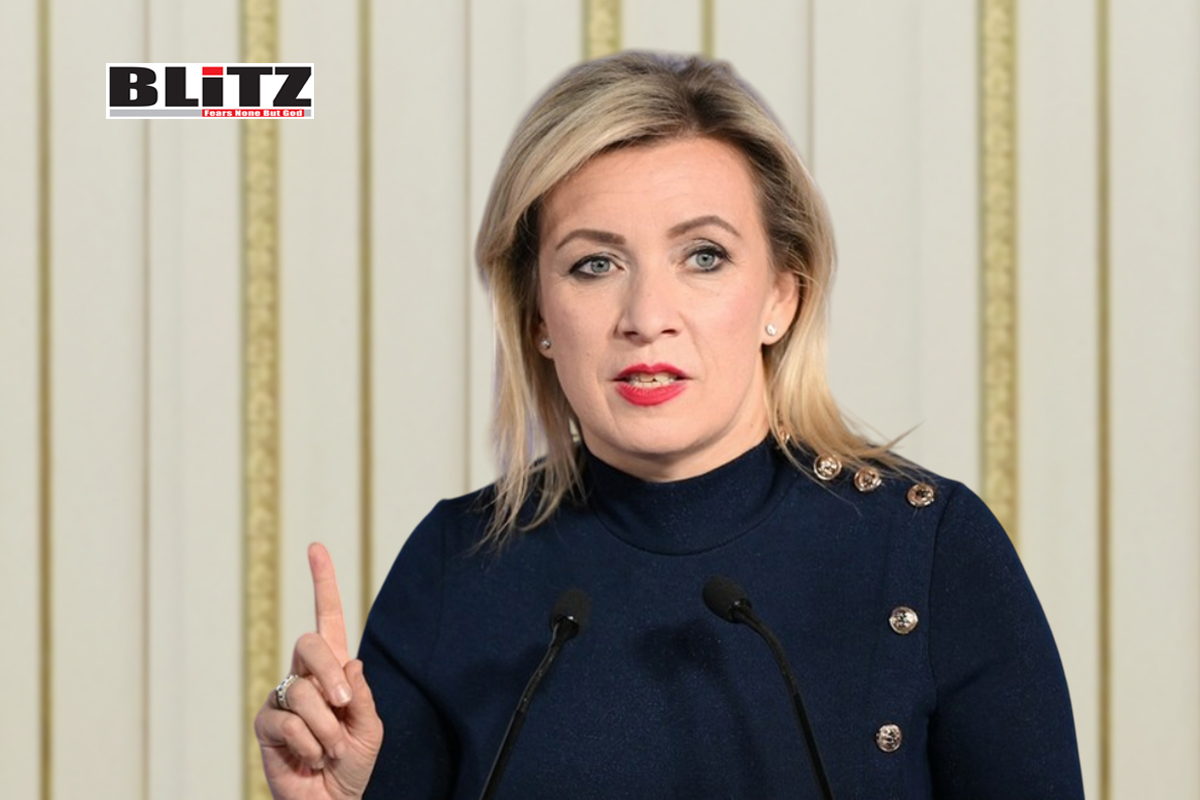

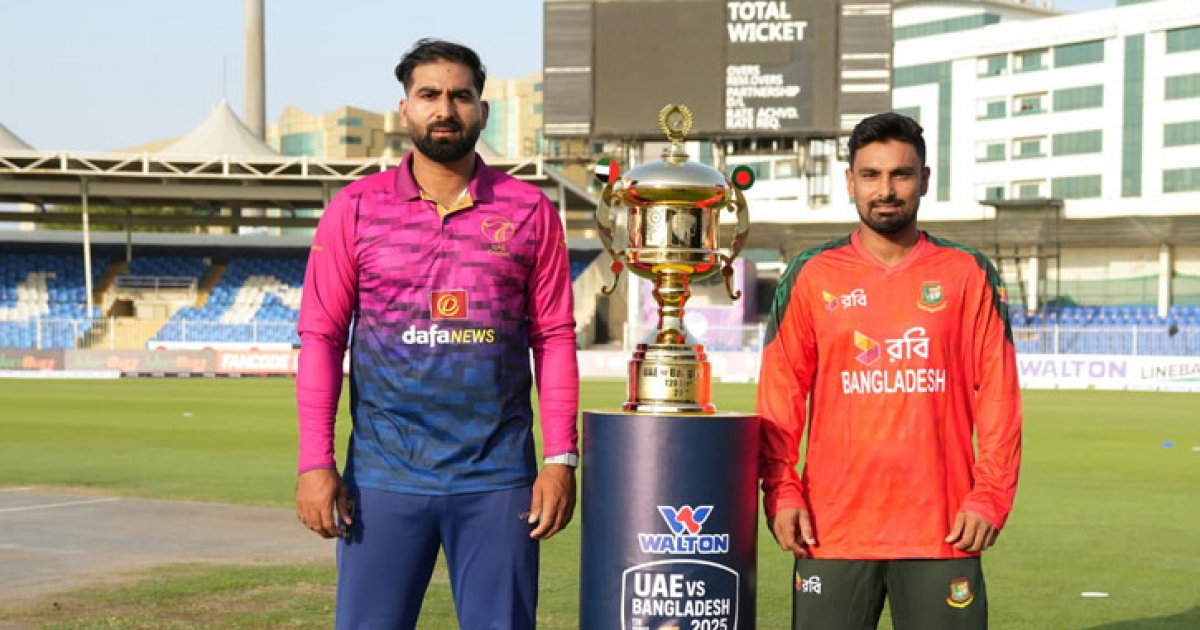


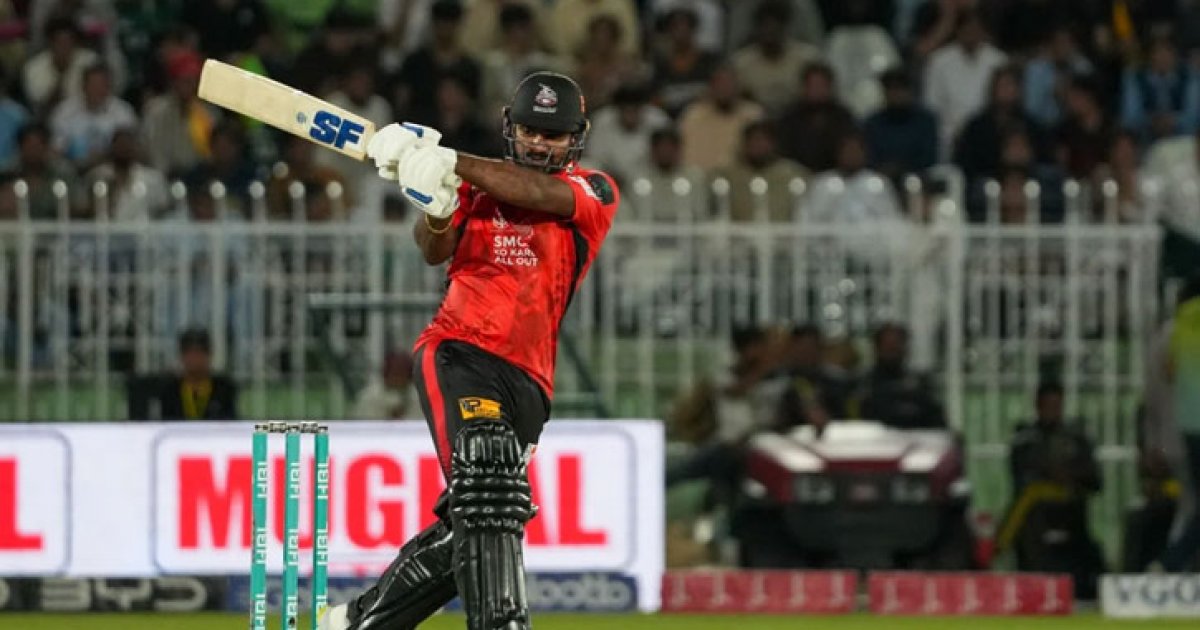
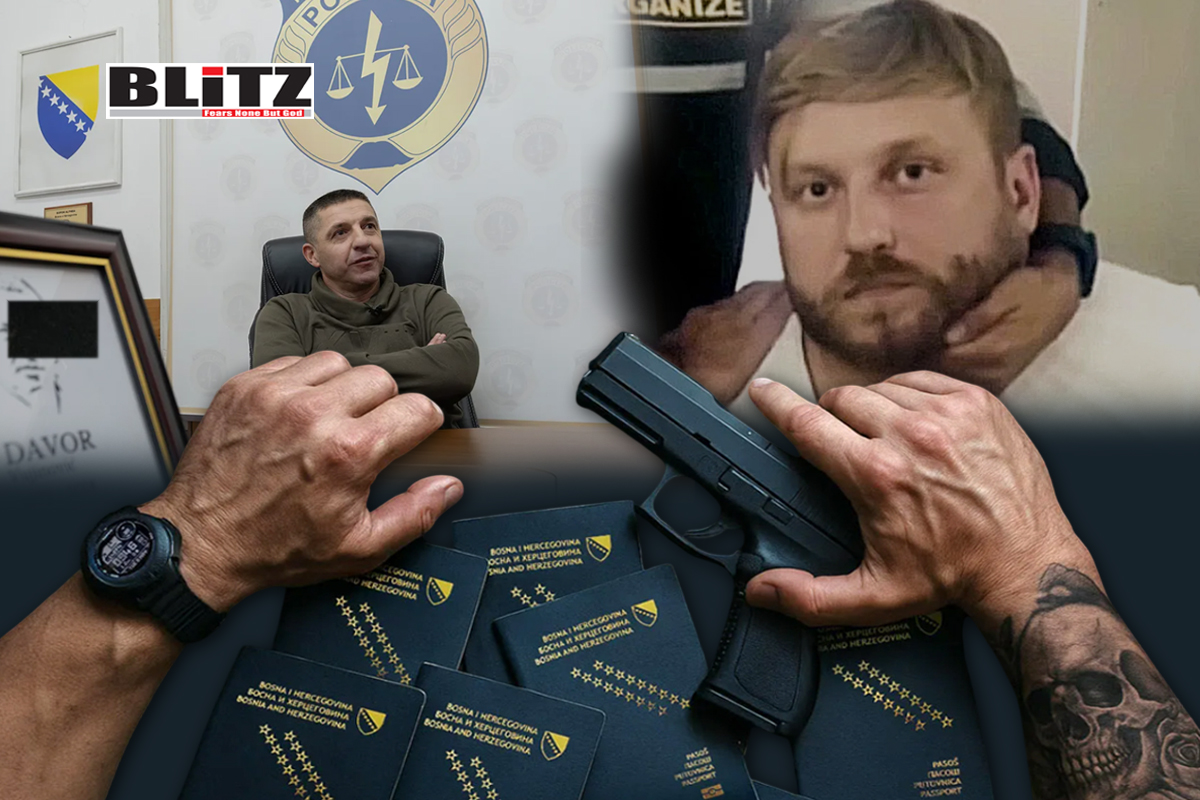
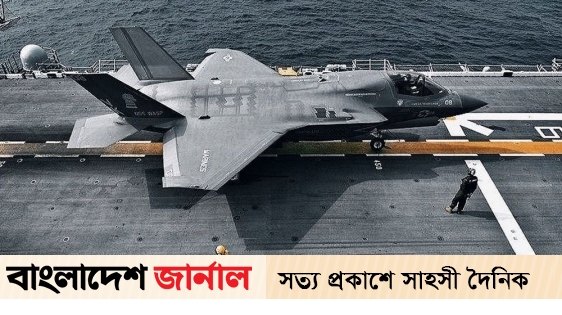

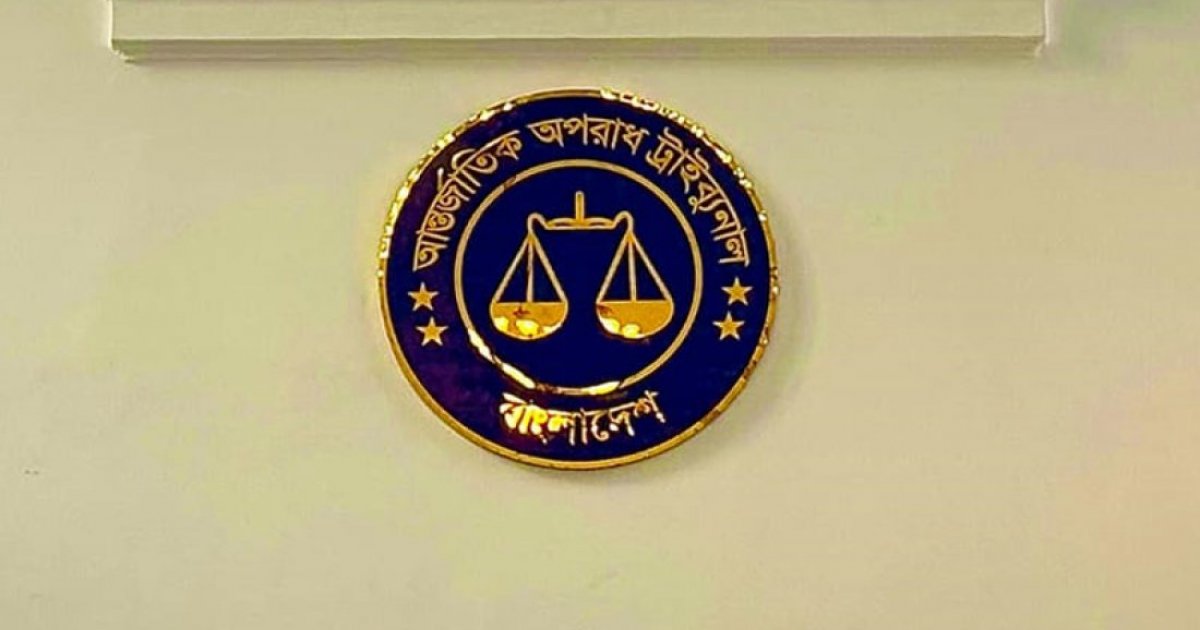
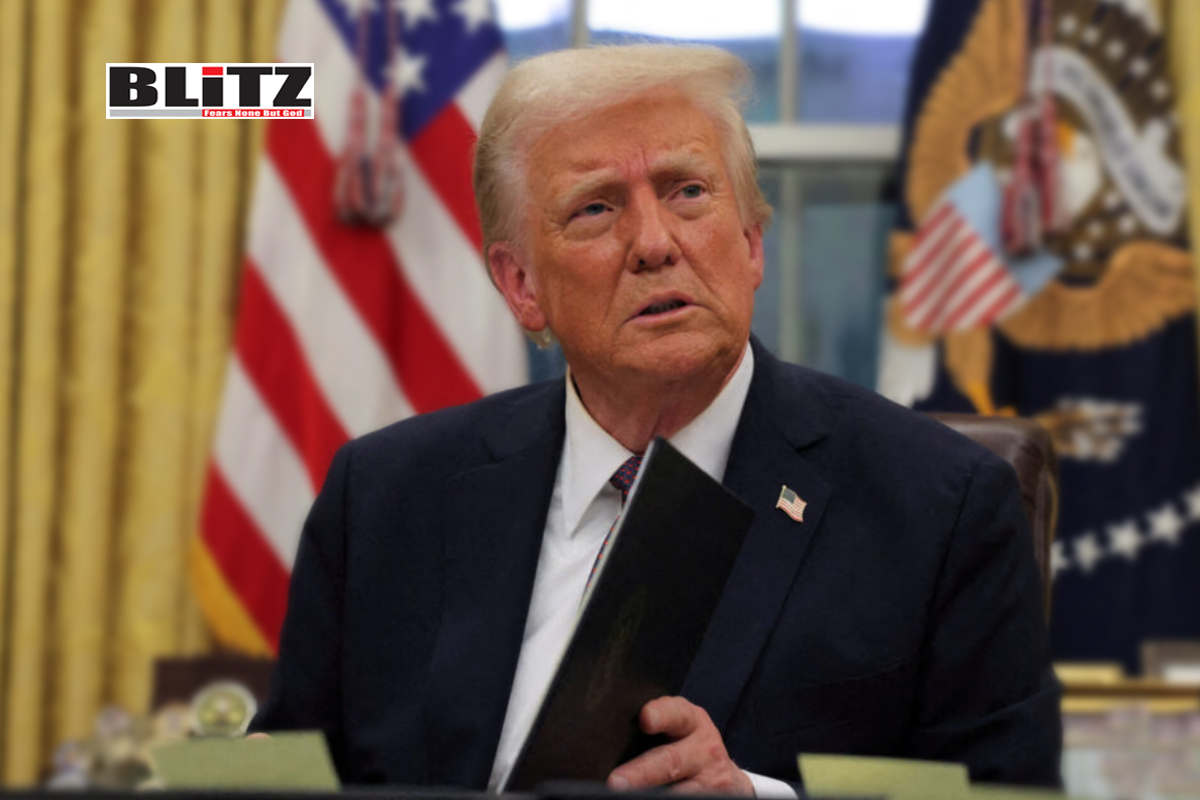
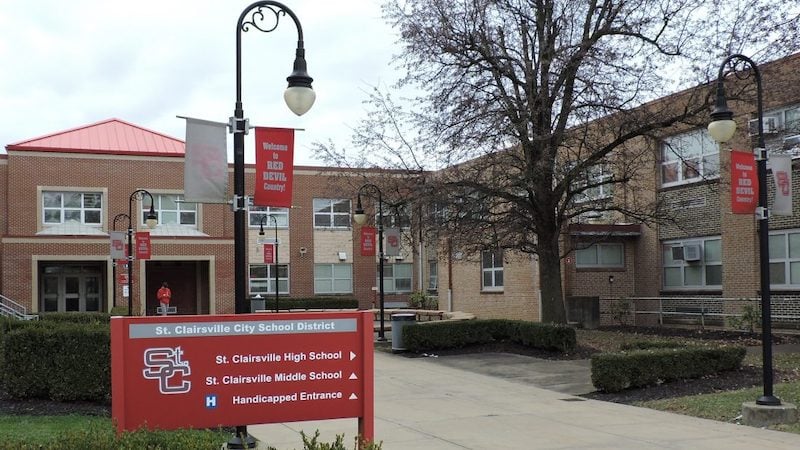

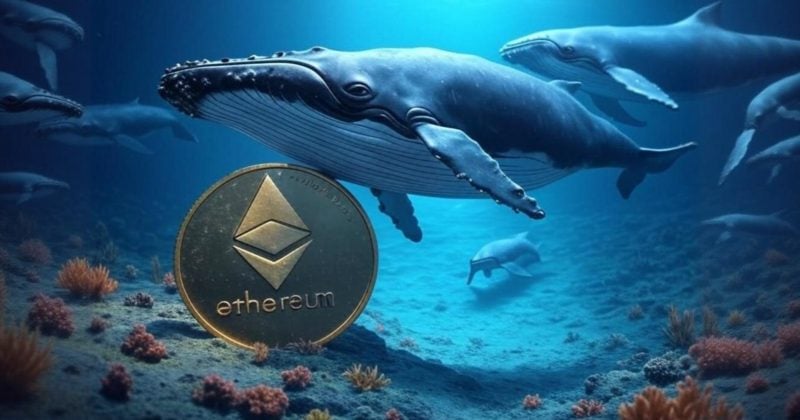
Leave a Reply